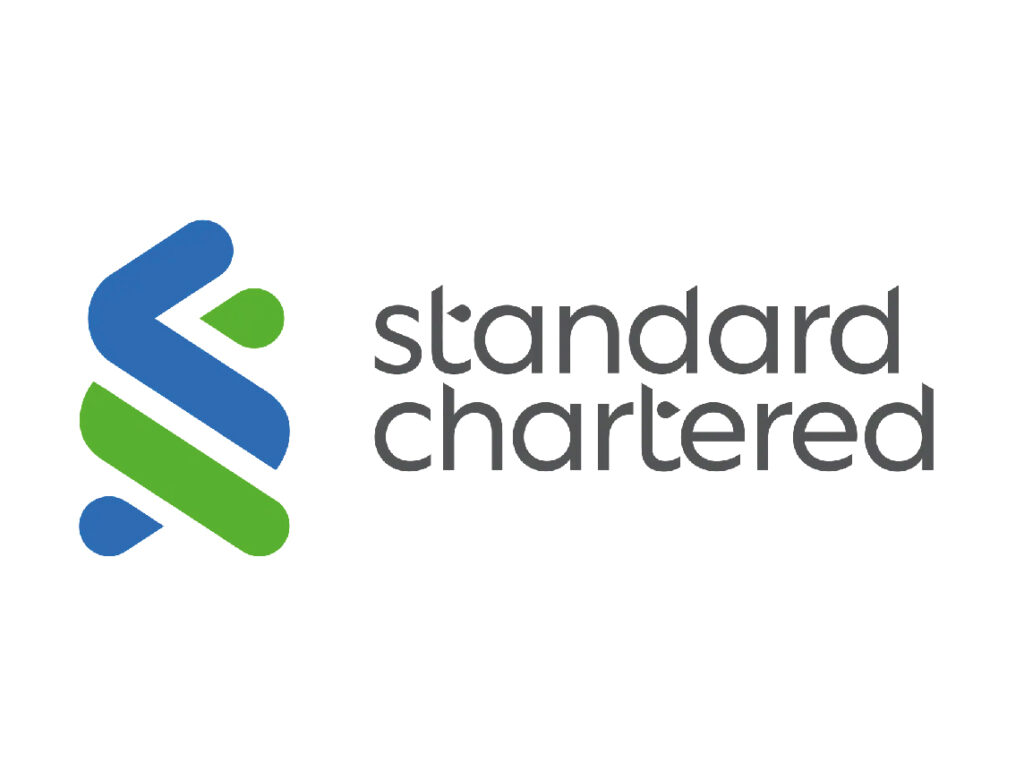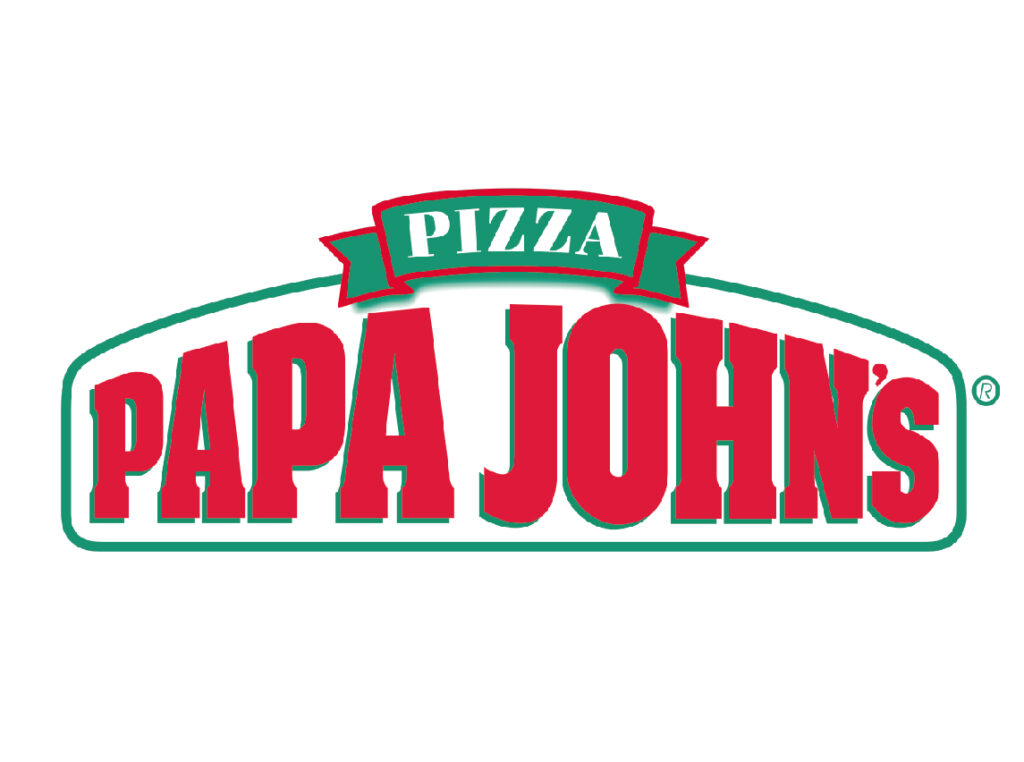Navigating leadership in a rapidly changing world
In an era marked by rapid change and complexity, the essence of effective leadership has evolved.
Today’s leaders face the dual challenge of managing diverse teams while adapting to a fast-paced environment. The key to success lies not just in strategic vision or technical expertise but in understanding and leveraging the human element at the core of every organization.
The core of leadership is understanding people
At the heart of effective leadership is the recognition that people vary significantly in their personalities, needs, and preferences. The ability to identify and cater to these differences is crucial. It allows leaders to adjust their styles to suit both the situation at hand and the unique composition of the teams. This adaptability is what sets effective leaders apart.
Human Development Solutions (HDS) recognizes this shift and offers innovative solutions through its simulation programs. More than just training sessions, these programs are transformative experiences designed to refine leadership skills for the modern world.
... read more
Recognizing individual differences within teams
Understanding each team member’s individual needs is the first step in fostering a supportive and productive environment. Leaders must explore the complexities of team dynamics and leadership roles with empathy, ensuring that each member’s needs for clarity, motivation, and recognition are met. This approach enhances individual performance and strengthens the team’s cohesion and resilience.
Strategies for Effective Team Collaboration and Leadership
Effective leadership is characterized by the ability to set common goals and manage stakeholder expectations while maintaining a focus on the team’s well-being. Leaders must develop strategies that promote collaboration and clear communication, ensuring that all team members are aligned with the organization’s objectives and feel valued and understood.
The Importance of an Adaptable Leadership Approach
By assessing the behaviors and abilities of team members, leaders can tailor their strategies to enhance creativity, communication, collaboration, and confidence within the team.
Applying Situational Leadership Effectively
Situational leadership involves adapting to match the maturity and competence level of the team members being led. Leaders need to be highly observant and flexible, adjusting their guidance and support based on each situation’s specific needs.
Driving a Sense of Urgency and Managing Resistance to Change
Leaders must communicate the vision and benefits of change compellingly, rallying their teams around shared objectives. This creates a sense of urgency around organizational goals and initiatives, and helps mitigating resistance to change.
Integrating Diverse Viewpoints to Build Alignment
A high-performance culture is built on the foundation of diverse perspectives and mutual respect. Leaders must integrate these viewpoints, building alignment and consensus among team members with varying opinions and backgrounds.
Experiential Learning: A Key Tool
Real-World Simulations
Human Development Solutions’ experiential learning programs use simulations that mirror real-world challenges. These simulations require participants to think strategically, make decisions under pressure, and reflect on the outcomes of their choices.
Learn by Doing
Experiential learning is effective because it’s active. Participants are not passive recipients of information; they are active players in their learning journey. This hands-on approach leads to deeper understanding and better retention of strategic concepts.
Reflective Practice
Reflection is a critical component of experiential learning. After each simulation, participants reflect on their experiences, discuss what worked, what didn’t, and how they can apply their learning to their professional roles.
The landscape of leadership is constantly evolving. Today’s leaders must be adaptable, empathetic, and strategic, capable of recognizing individual differences and harnessing the collective strength of their teams. By focusing on effective collaboration, clear communication, and a flexible approach to leadership, they can navigate the complexities of the modern world and lead their organizations to success.
Know more about our learning experiences.
Follow us on Linkedin to acess all new articles.
LATEST ARTICLES & CASE STUDIES

Standard Chartered

HSBC

